
Supplements in an athlete’s nutrition
With a well balanced plan of nutrition, a physically active person can get all the vitamins and minerals from their food. However, an athlete who is training vigorously, say a couple of times a day several times a week, requires assistance in the intake of certain nutritious substances. That is due to the fact that, while exercising, human body requires an extra amount of minerals and vitamins.
A substantial amount of these nutrients is lost from an athlete’s body while working out and sweating. If a sportsperson aims at doing their best at an exercise session, they need to take in great amounts of nutritional substances. Since, very few can process a large quantity of food AND exercise extensively at the same time, supplements appear as a practical solution.
Women and supplements
Because of improper nourishment, female athletes can sometimes develop symptoms like exhaustion, plateaus in the current workout potential, extreme fatigue and recurrent traumas. Not infrequently, women who exercise are on a more rigorous diet than those who don’t work out. In addition, sportswomen frequently aim at losing weight with a view to boosting performance.
Females who manage to take in more than 1,200 calories a day will probably just need supplements of iron and calcium. This calorie intake allows a person to get all necessary nutritional matter provided the diet is varied.
Multivitamins as a convenient addition
Taking multivitamins is an easy and safe way for a women athlete to take in beneficial nutrients. Even at times when they are not able to have a varied diet, women can rely on multivitamins for backup. Try to consume them along with food or drink to avoid disturbing the stomach.
The precious vitamin C
Women athletes should take in additional 500 mg of vitamin C when they exercise. That is because, in order for our muscles to get stronger, they are rebuilt after each workout session, which damages them in a way. This (non-harmful) process of regeneration is aided by vitamin C. Female athletes should take in not more than 2,000 per day, and exceeding that amount may lead to developing diarrhea.
Deficiency of iron
An average female should consume 18 mg of iron, much more than a man. However, female athletes need to be careful with iron, since significant amounts of it are lost through sweat. Additional quantities of iron are lost from a woman athlete’s body when she has her period, so beware of that.
Calcium
Since female athletes usually don’t have enough calcium in their diet, supplements are recommended. To avoid a decrease in density of the bone, an intake of 1,000 mg of calcium per day is desirable.


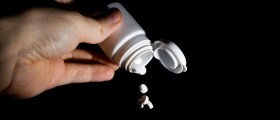
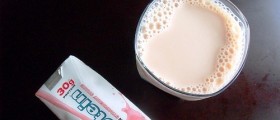


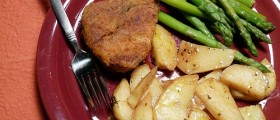



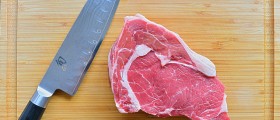
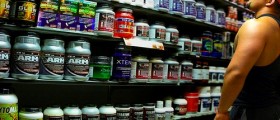
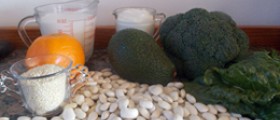
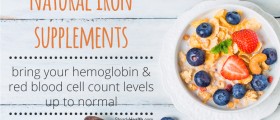


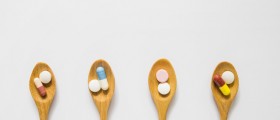
Your thoughts on this
Loading...